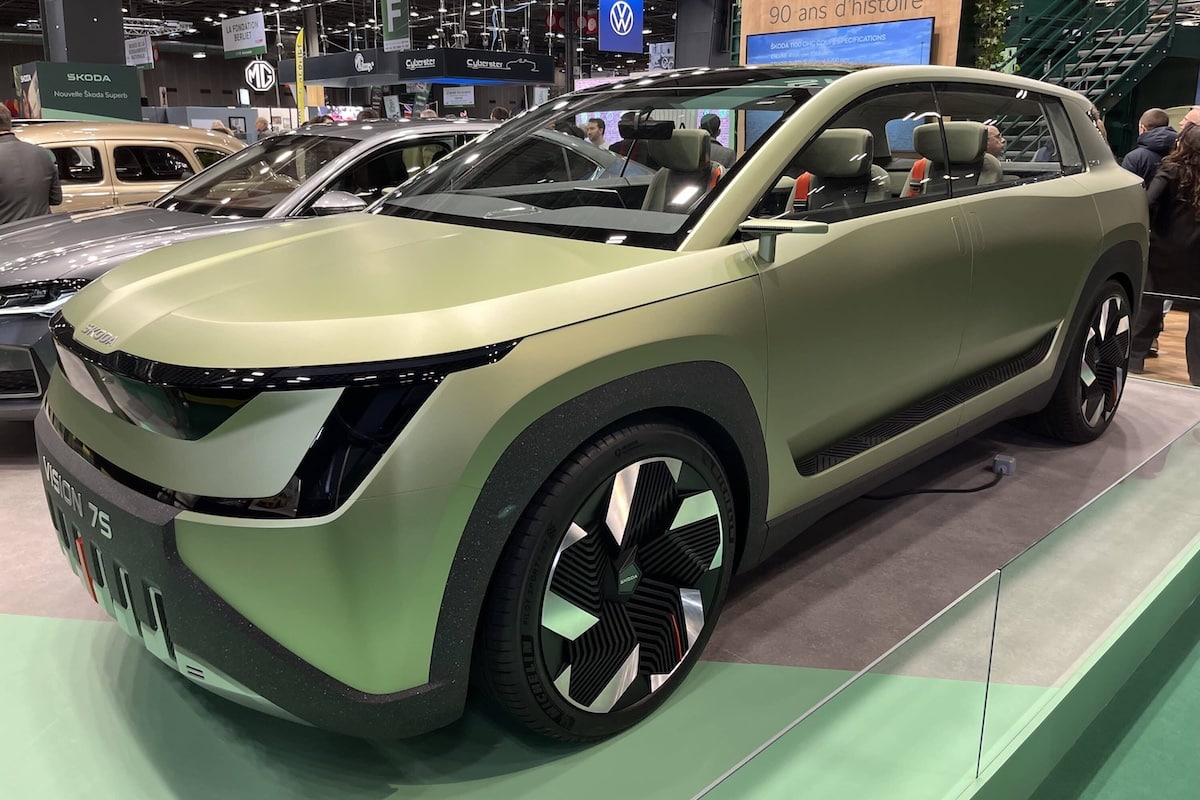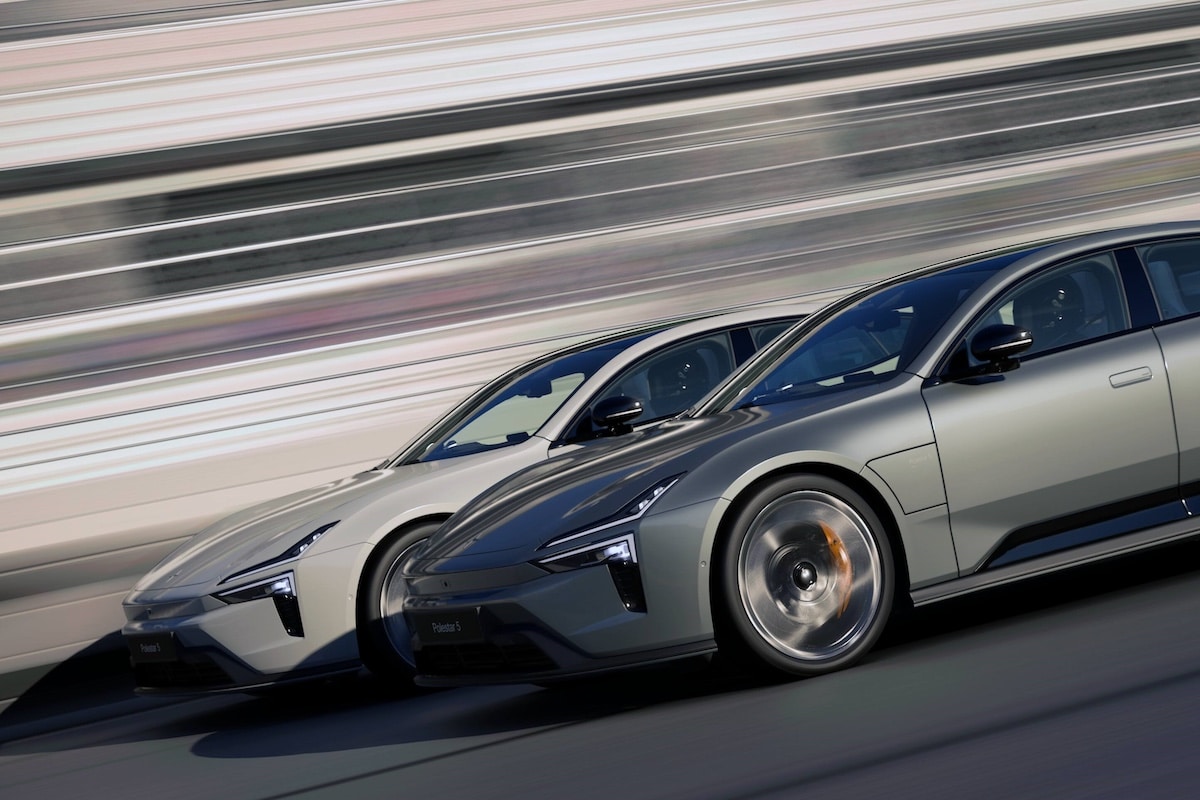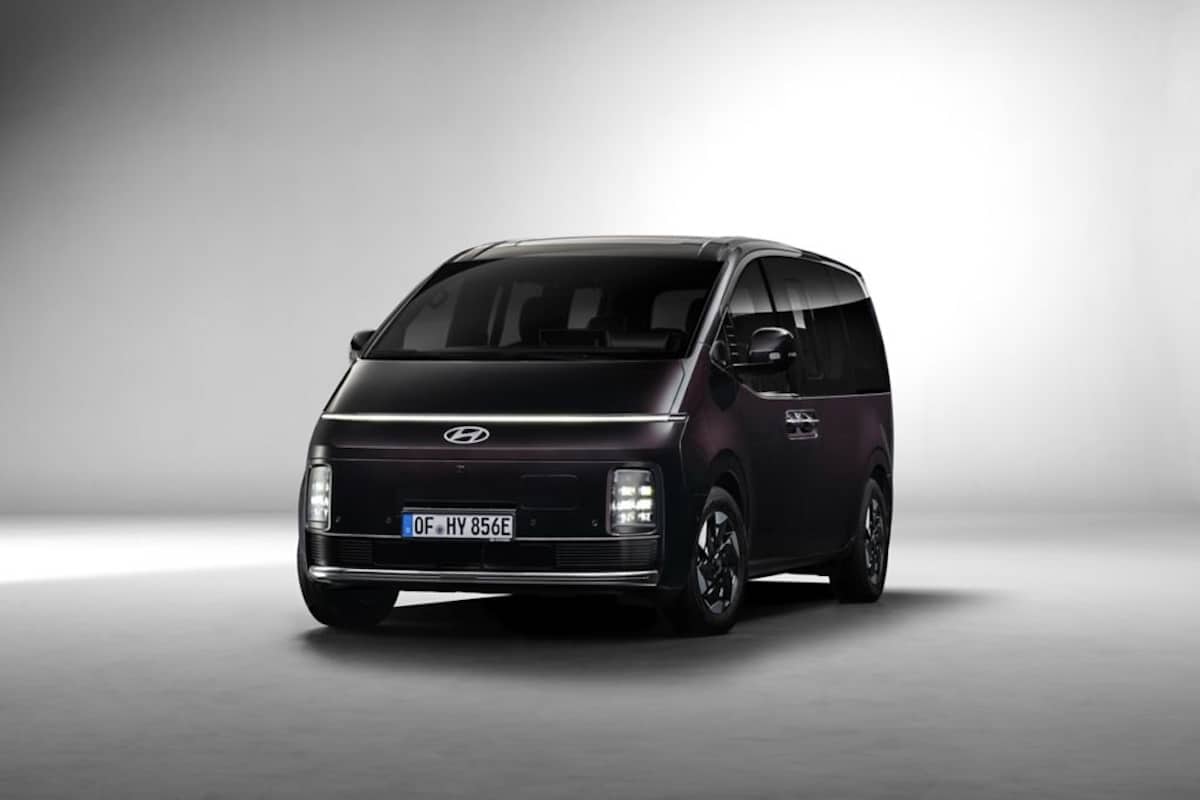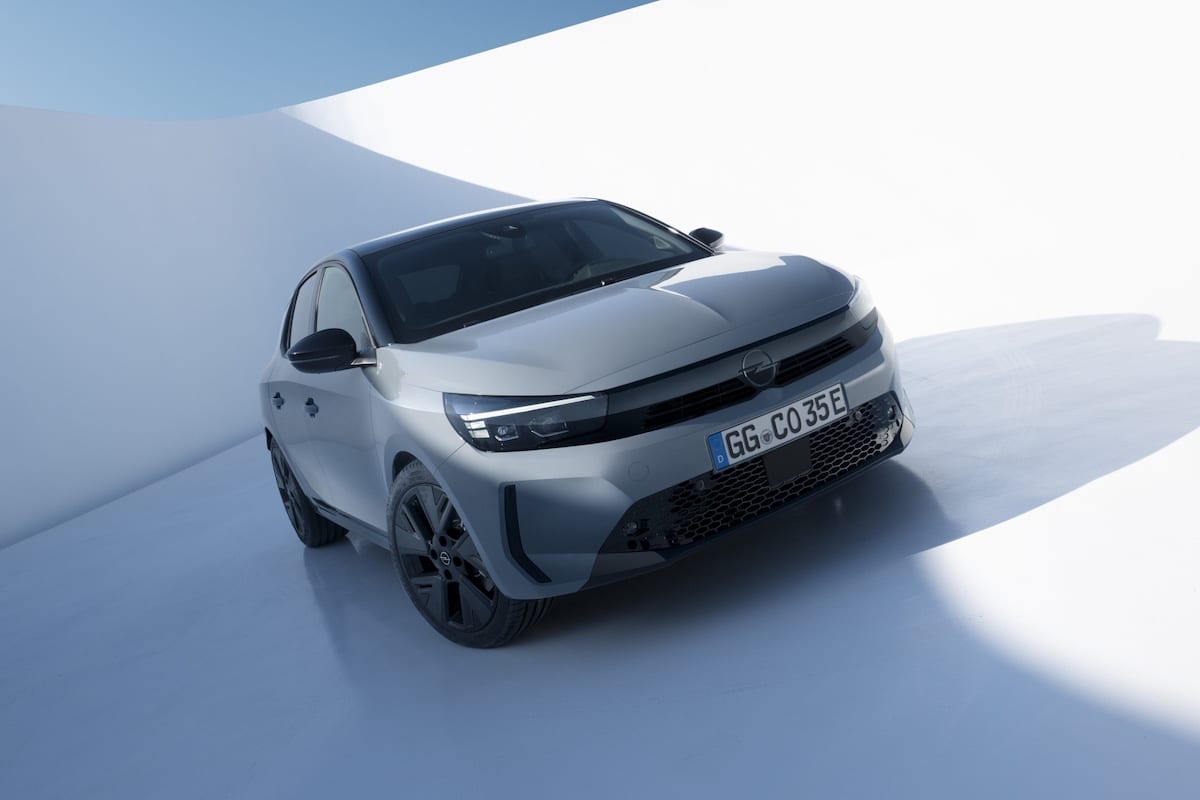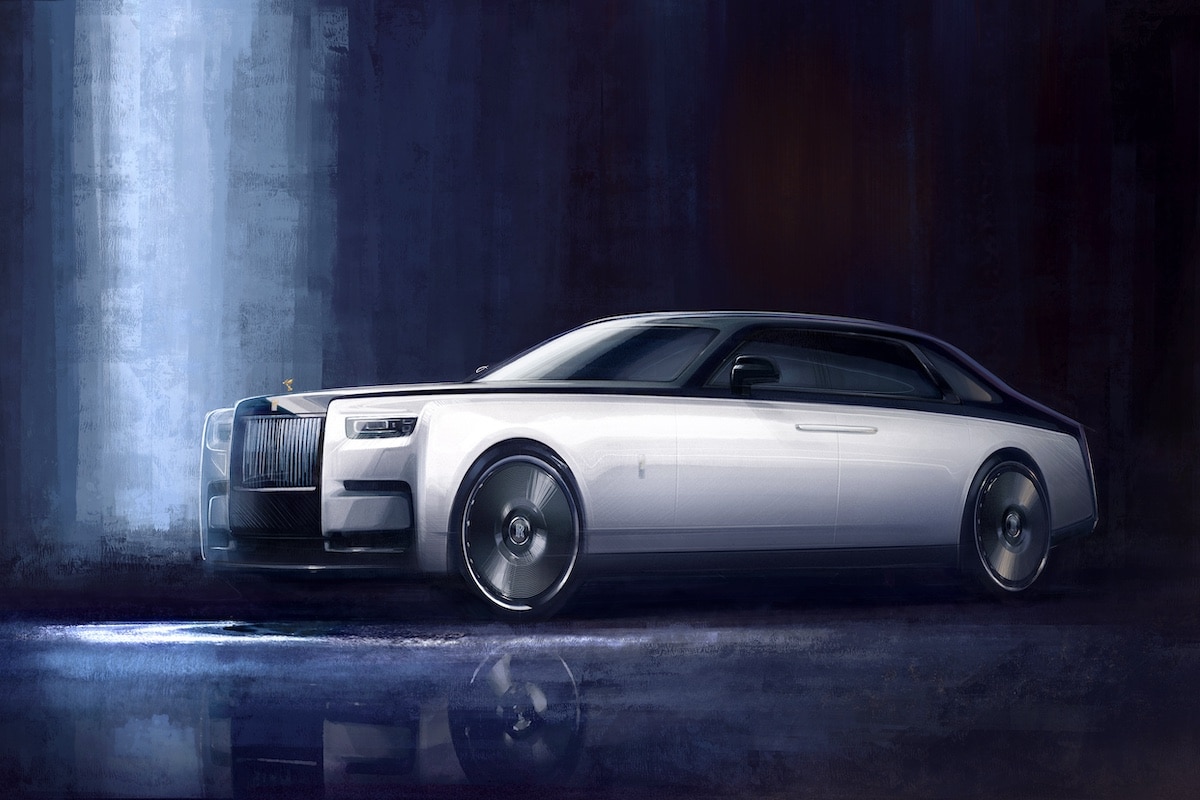Energy: Should we limit the power of electric vehicles?
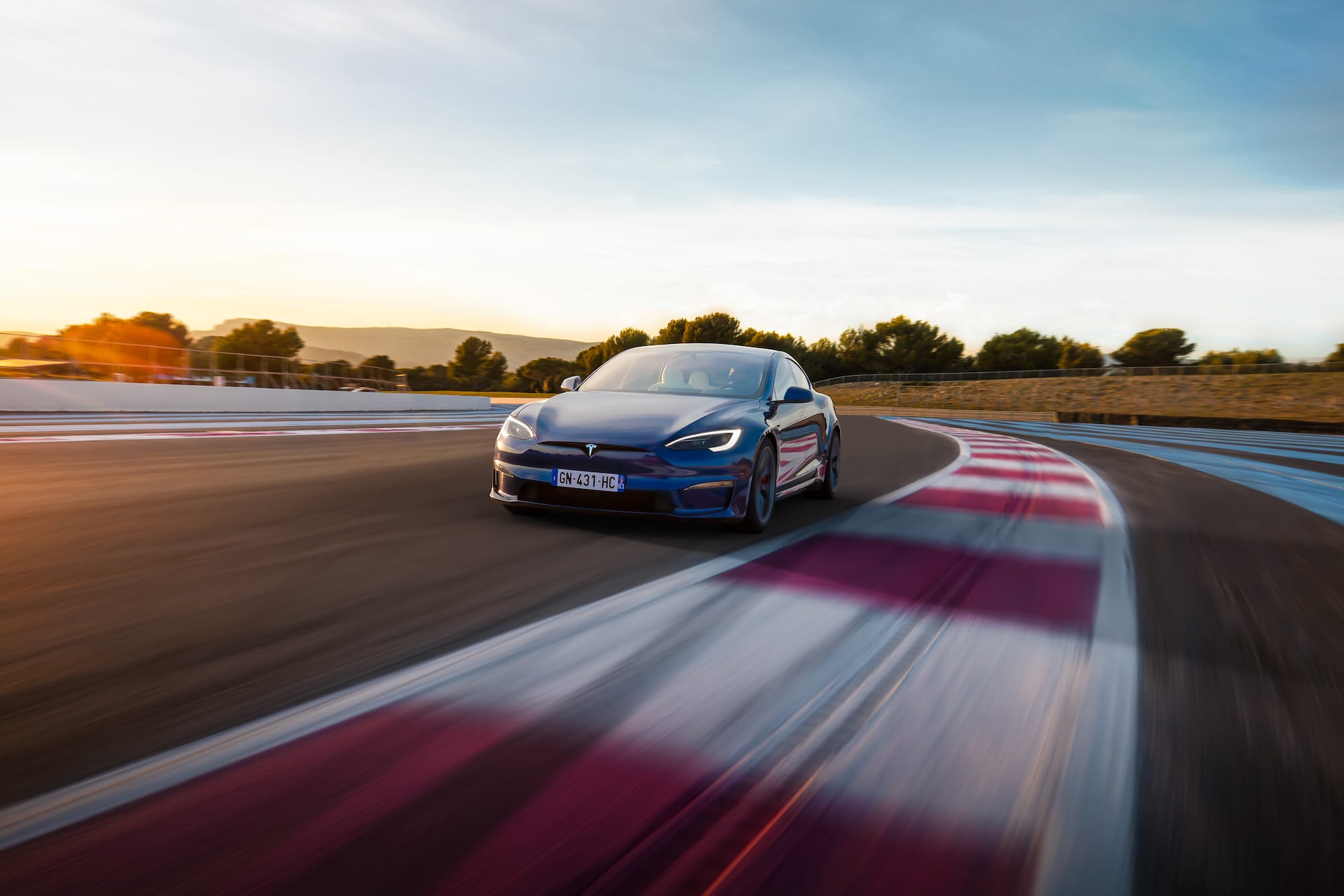
The power wastefulness of electric cars is concerning. Between road safety and energy consumption control, should regulation be considered?
History repeats itself, along with the same mistakes. What was meant to be a wake-up call for a more livable planet has already been distorted. Electric cars will even surpass the recklessness of thermal cars: namely, even more power and energy waste. Because while the mode of transport is less polluting, all the energy charged into a battery must have been produced beforehand. And any energy wasted in heavy, overly powerful vehicles will mechanically create shortages elsewhere in society.
Since energy is a precious resource, its price keeps rising. Therefore, why produce cars with absolutely unreasonable power? What was once an exception is now the norm: a premium electric sedan must develop 220 kW (300 hp), whereas its thermal counterpart operated comfortably with half that power.
There has been a shift in perception: electric power is easy to obtain, so why hold back? Manufacturers also argue that the greater mass of electric vehicles requires more power. Certainly. But it’s a vicious circle: more weight = more power = more equipment = bigger batteries = more weight = etc. An endless loop that is difficult to break free from.
From the 1970s to 2000s, Japan imposed a horsepower cap on all engines: a maximum of 280 horsepower. Whether it was a large SUV or a supercar like the Honda NSX. Consumers had to accept this limitation. It prompted manufacturers to rethink their approach: less power = eliminating unnecessary weight. And everyone was satisfied with this.
Zeekr recently introduced their 007 sedan: 415 horsepower in the base model and up to 675 horsepower! Factually, who knows how to drive such Formula 1 cars? Accelerating with the electronic throttle is one thing. But managing braking with such heavy, cumbersome machines? This also raises questions about road safety and driver training.
Finally, governance—at least at the European level—should promptly address this issue. Energy management will be at the heart of the continent’s automotive transition. And limiting power, could that finally be seen as a form of protectionism towards a European industry not yet caught up in crazy technical specifications?
READ ALSO: 1300 horsepower for BYD’s YangWang U9
This page is translated from the original post "Énergie : faut-il brider la puissance des voitures électriques ?" in French.
We also suggestthese articles:
Also read
